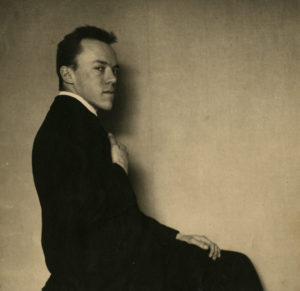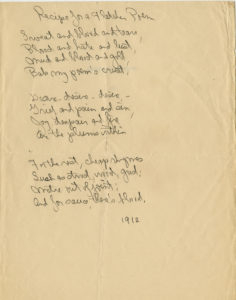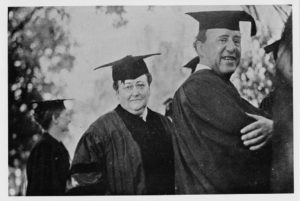In 1906, Fletcher’s father died at the age of seventy-five, leaving Fletcher a sizable inheritance. In Fletcher’s autobiographical writings, he acknowledged that the death of his father was a major turning point in his life as it gave him financial freedom to pursue his literary interests and to break free from family influence. After his father’s funeral in Little Rock, he returned to Harvard College in the fall of 1906, but his class attendance became even more erratic.


In 1907, at the age of twenty-one, he embraced his calling as a literary figure but began to suffer from the first of his many ongoing bouts with depression. Fletcher decided not to return Harvard College but instead moved to Europe, where he could find a sympathetic community and realize his literary destiny. His sisters agreed to distribute their father’s estate, thus providing Fletcher the necessary funds for independence. On August 21, 1908, he sailed for Europe.

From 1908 to 1912, Fletcher traveled back and forth between the Continent and England. During this time, Fletcher began to assemble his poetry manuscripts for publishing. Between 1912 and 1913, Fletcher suffered despair as he experienced frequent rejections from publishers. During this dark period, he met influential American poets Ezra Pound and Amy Lowell, both of whom promoted Imagism, a literary movement dedicated to concise use of language and concrete imagery. These poets encouraged his involvement in their literary circle. Lowell in particular persuaded him to include his works in Imagist anthologies. Lowell’s encouragement paid off for Fletcher when in 1915 he enjoyed critical acclaim for his work Irradiations: Sand and Spray.


